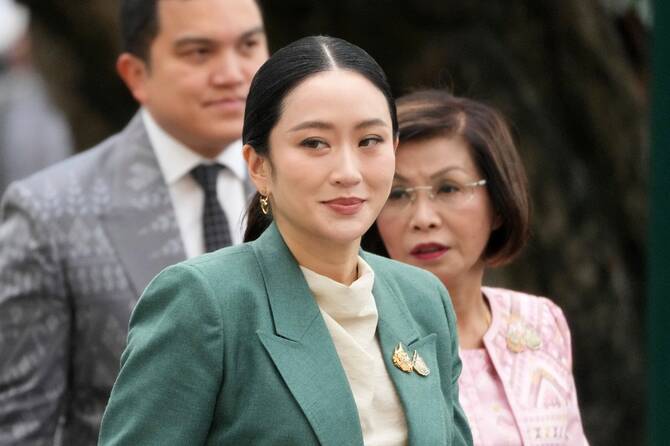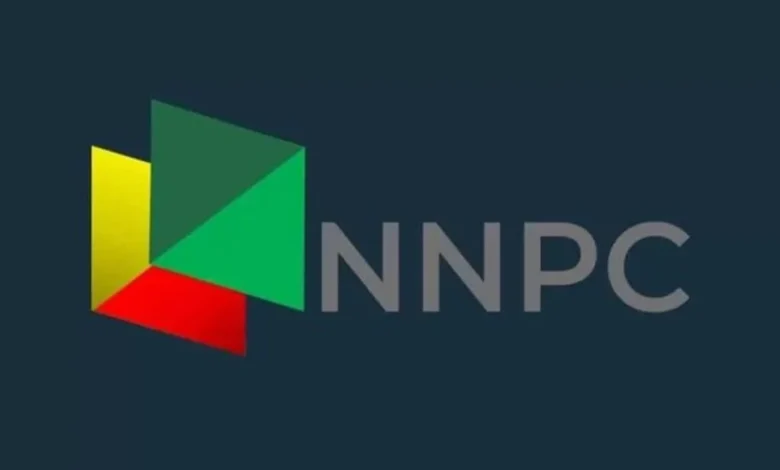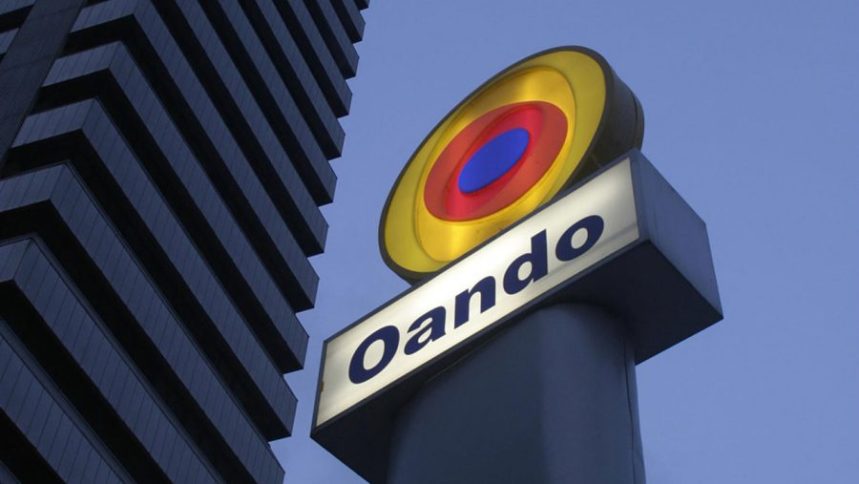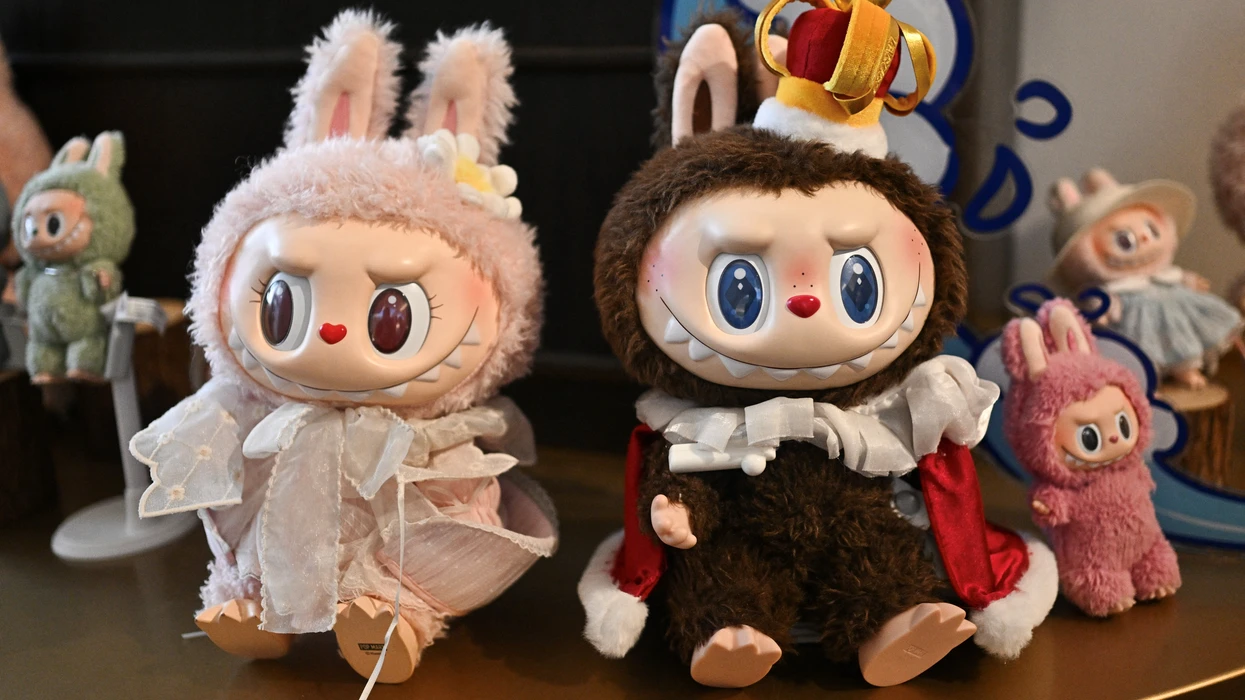By Ayomide Otitoju
From London to Los Angeles, Chinese toymaker Pop Mart’s quirky monster doll, Labubu, is making waves globally—drawing crowds to retail stores and catching the attention of celebrities like Rihanna and Cher. The wide-eyed, fanged figurines, sold in $40 “blind boxes,” have become unexpected ambassadors of Chinese pop culture, subtly reshaping global perceptions of China.
Beijing-based Pop Mart is at the forefront of a new wave of Chinese cultural exports gaining traction abroad, even as geopolitical tensions continue to shape negative perceptions of China in many parts of the world.
Labubu’s appeal lies in its uniqueness, fans say. “They’re a bit quirky and ugly and very inclusive, so people can relate,” said Lucy Shitova, an interior designer visiting a Pop Mart store in London. Demand has grown so intense that some outlets have suspended in-person sales over fears of crowd-related unrest.
Unlike Japan and South Korea—long recognized for their global dominance in fashion, film, and music—China’s cultural exports have historically struggled due to strict censorship and lingering stereotypes of cheap, low-quality manufacturing. However, brands like Pop Mart are helping to shift this narrative.
“Pop Mart is breaking the mold,” said Professor Fan Yang of the University of Maryland. “It’s becoming easier to see China as a nation capable of creating compelling global brands.”
In addition to Pop Mart, designer labels such as Shushu/Tong, Marchen, and luxury handbag maker Songmont are gaining recognition abroad. Analysts say these brands could be leading the charge in what may become a new era of Chinese cultural soft power.
“Labubu is like a virus. Everyone wants it,” said Anelya Batalova, a Kazakhstani tourist at Pop Mart’s theme park in Beijing. “When they find out it comes from China, they want to come here to see more.”
Social media platforms have played a central role. Pop Mart’s rise has been amplified by viral content on TikTok, the video-sharing app developed by Chinese tech giant ByteDance. The app hosts over 1.7 million videos related to Labubu, making it a digital launchpad for Chinese consumer culture.
“TikTok helped change how global consumers view Chinese products,” said Joshua Kurlantzick of the Council on Foreign Relations. While he acknowledged that such soft power gains may not directly affect political perceptions of China, he noted the growing appeal of Chinese brands among younger Western audiences.
Analysts believe China is undergoing a “soft-power shift,” reminiscent of Japan’s cultural surge in the 1980s and 1990s. “China’s products are becoming ‘cool’ in the eyes of Gen Z,” said Allison Malmsten of Daxue Consulting.
While toys alone may not transform global influence, experts say the connection between the declining appeal of U.S. soft power and the emergence of new Chinese icons like Labubu reflects a deeper shift in global culture.










